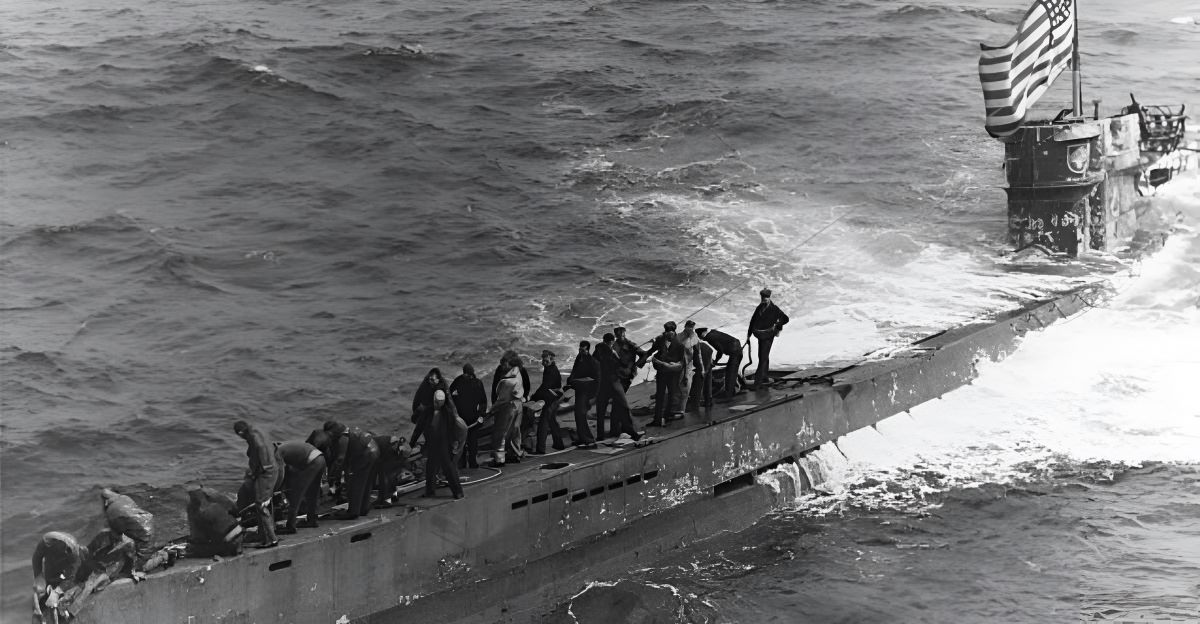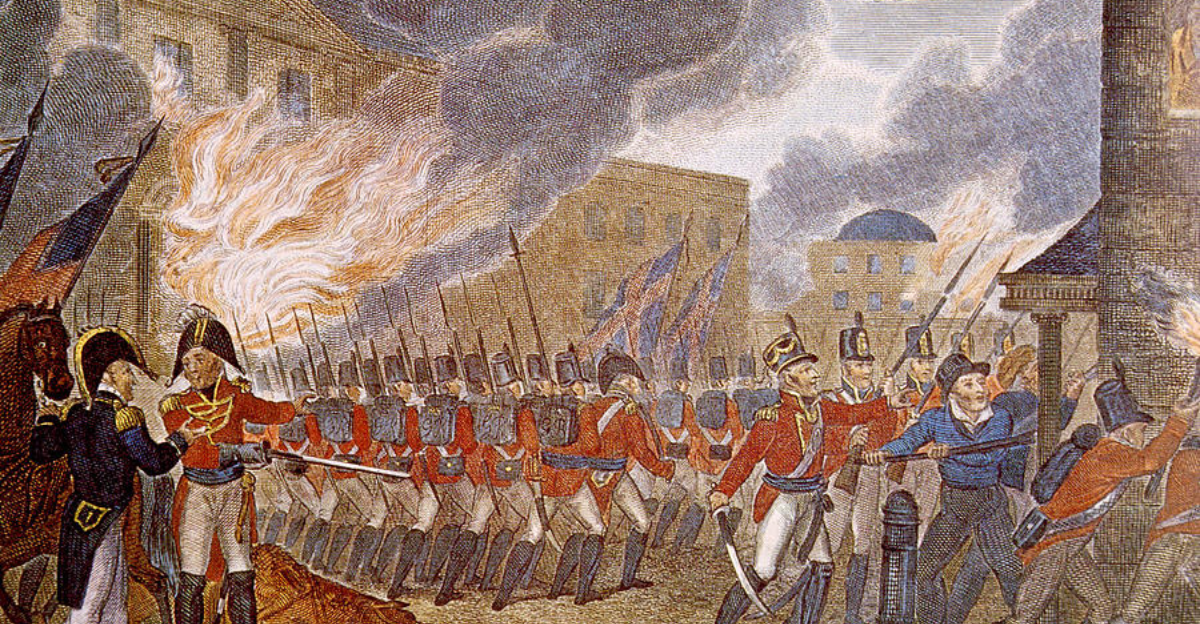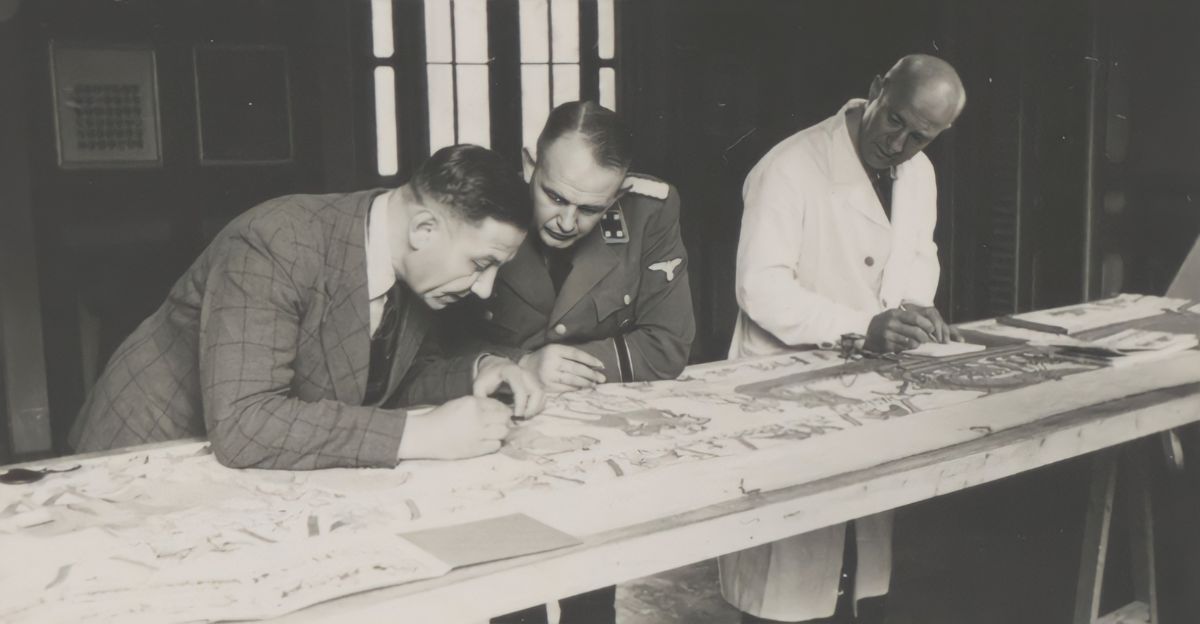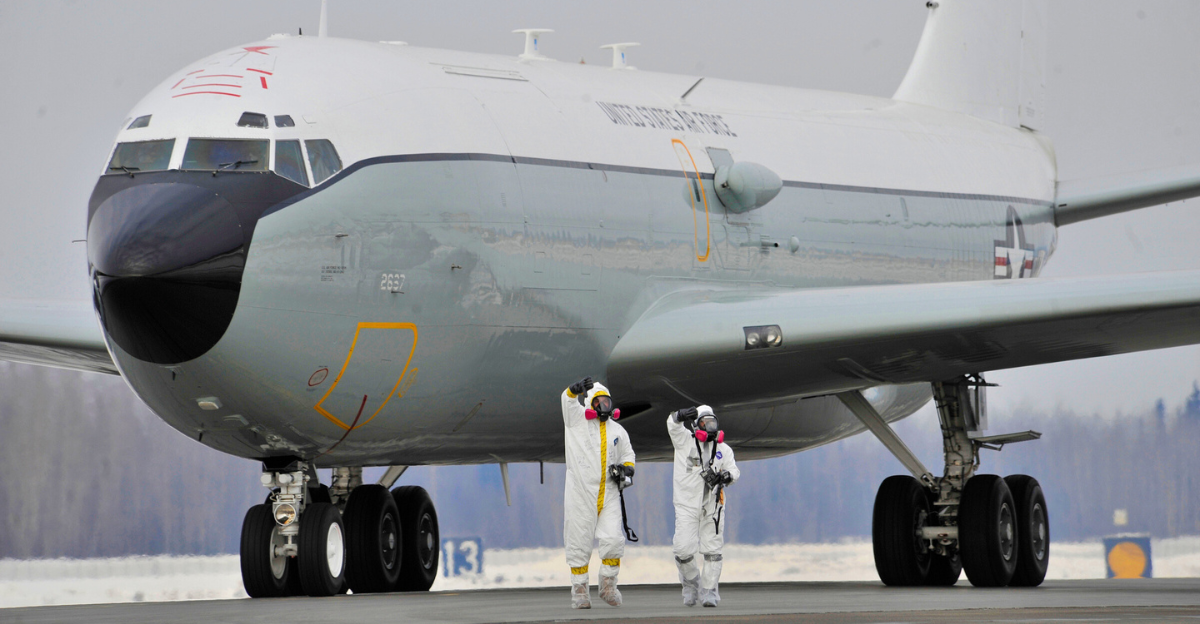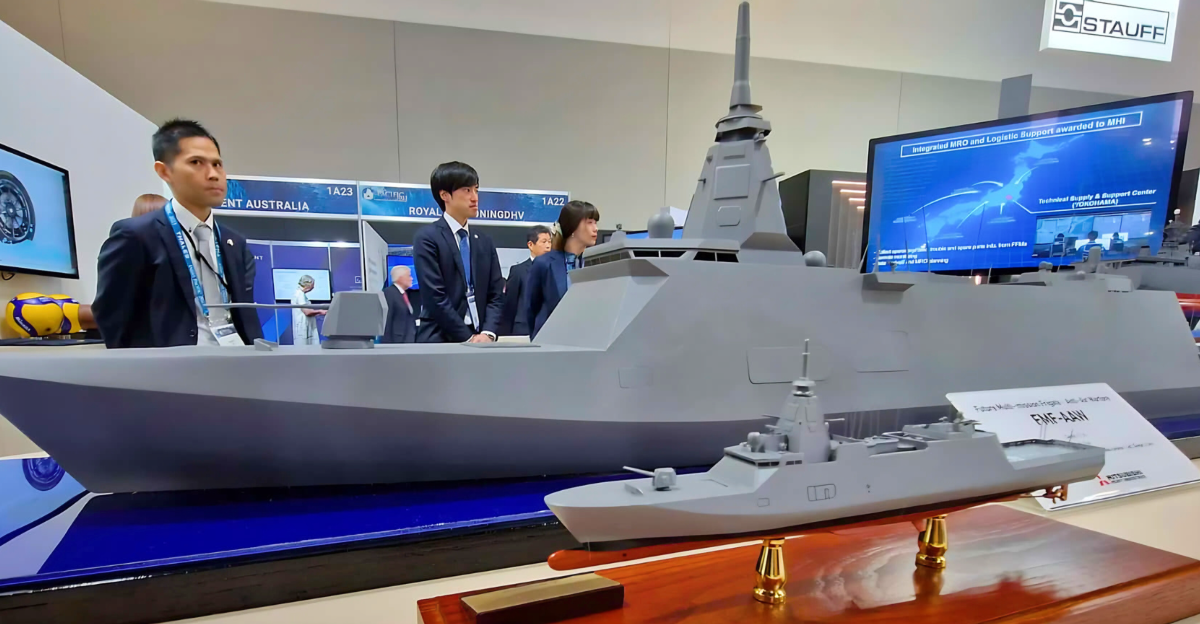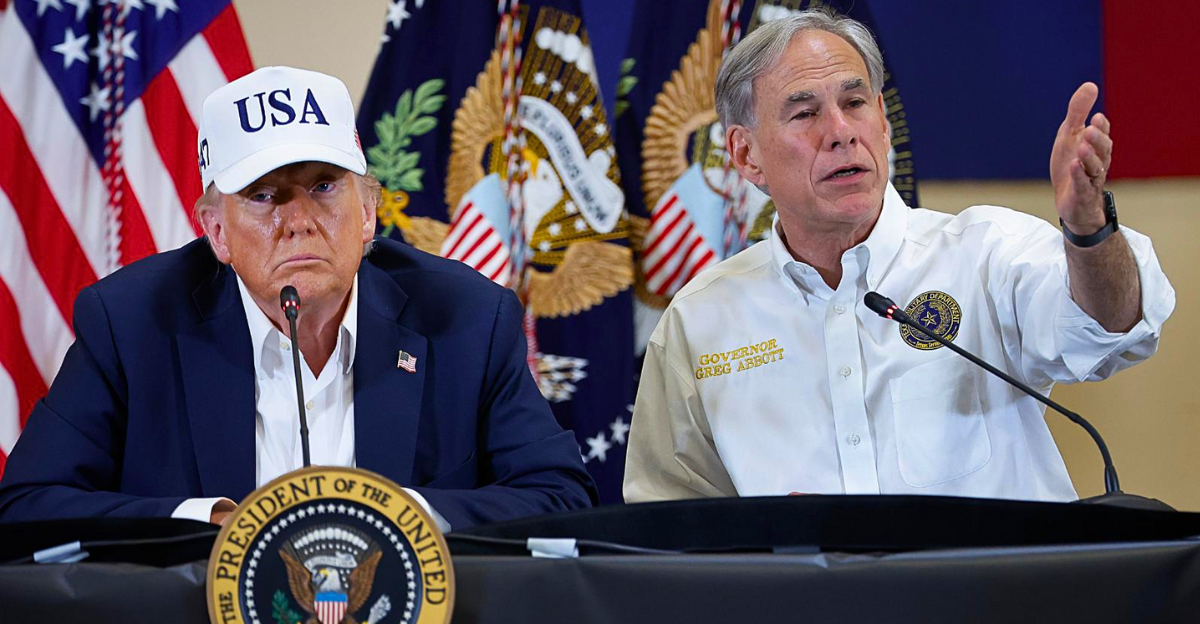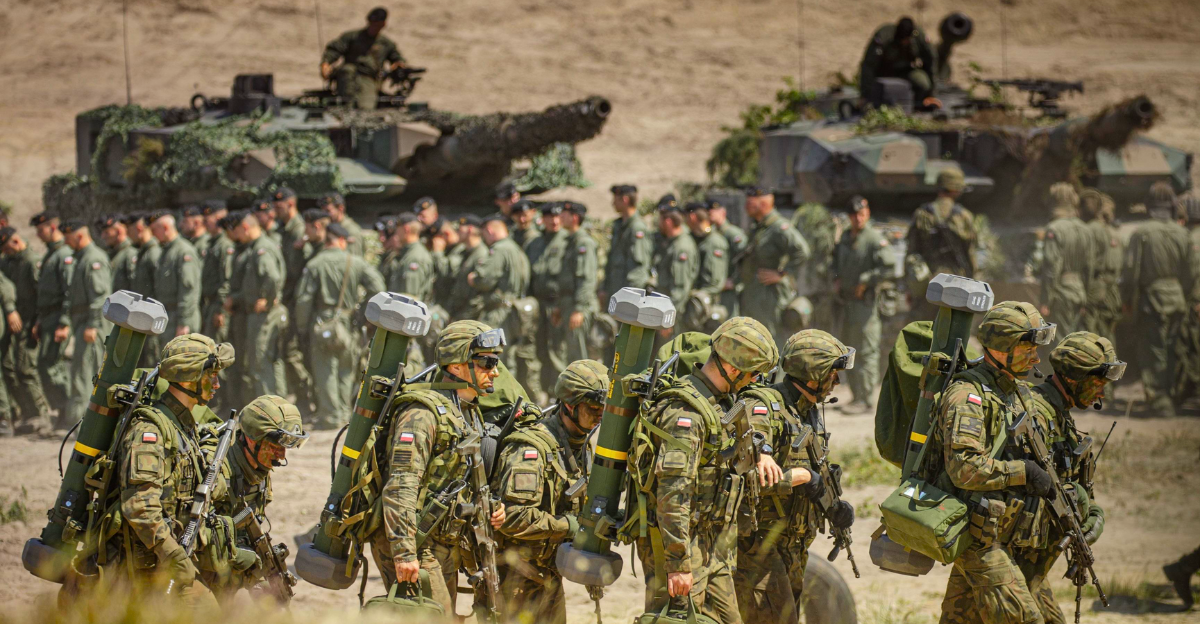
Once relegated to the background as NATO’s dependable yet unremarkable “junior partner,” Poland is now stepping confidently into the spotlight of European security discussions. In response to the changing geopolitical landscape, particularly due to the Russian invasion of Ukraine, Poland has transformed its military and diplomatic posture dramatically.
With a renewed sense of purpose and urgency, Warsaw has quadrupled its defense imports, ordered over 1,000 new battle tanks, and opened its borders to millions of Ukrainians fleeing the war. As Prime Minister Donald Tusk stated in early 2024, “We will always support Ukraine,” indicating a firm commitment to regional solidarity. But is this a temporary surge in influence or the emergence of a new European superpower?
Poland’s Defense Budget Surge
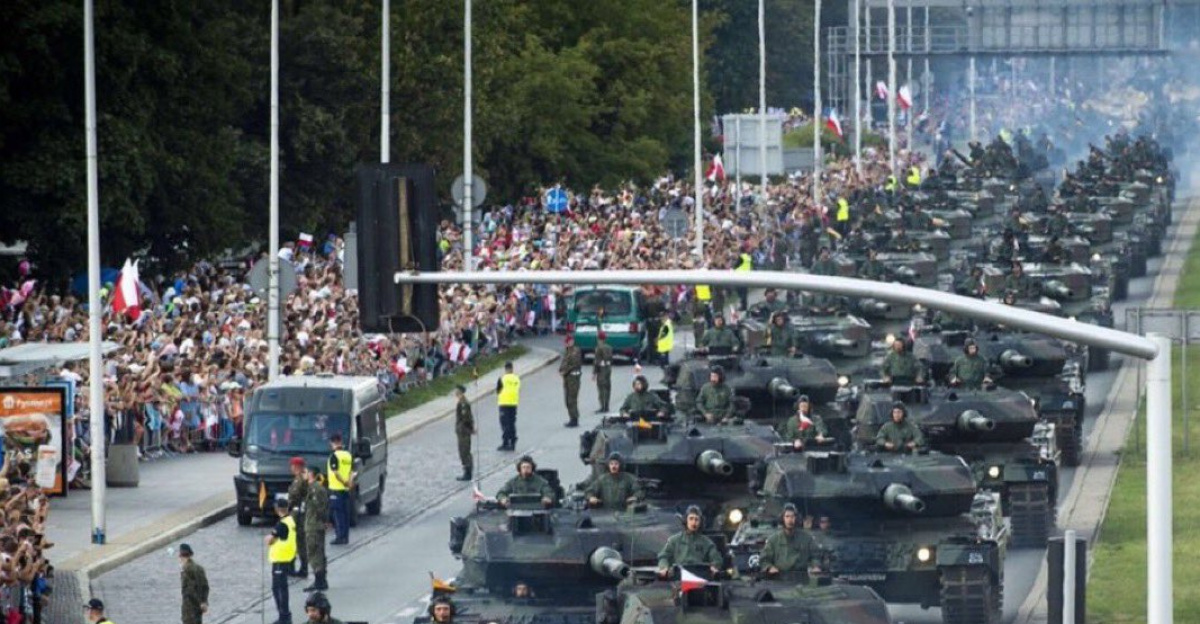
The magnitude of Poland’s defense spending is remarkable, with a staggering 75% increase since 2022. By 2024, its defense budget reached $32 billion, constituting a larger percentage of GDP than any of its major European counterparts. Analysts highlight that this surge surpasses the military expenditures of Germany, France, and Italy, countries constrained by post-Cold War reductions.
Poland seeks to allocate 4.25% of its GDP to defense by 2025 as it arms itself with top-tier military equipment from the U.S. and South Korea. The Economist noted, “Poland wants to be NATO’s frontline arsenal.” But one wonders: can this substantial investment yield lasting geopolitical clout, or is it merely a flash in the pan?
From Buffer State to Key Player
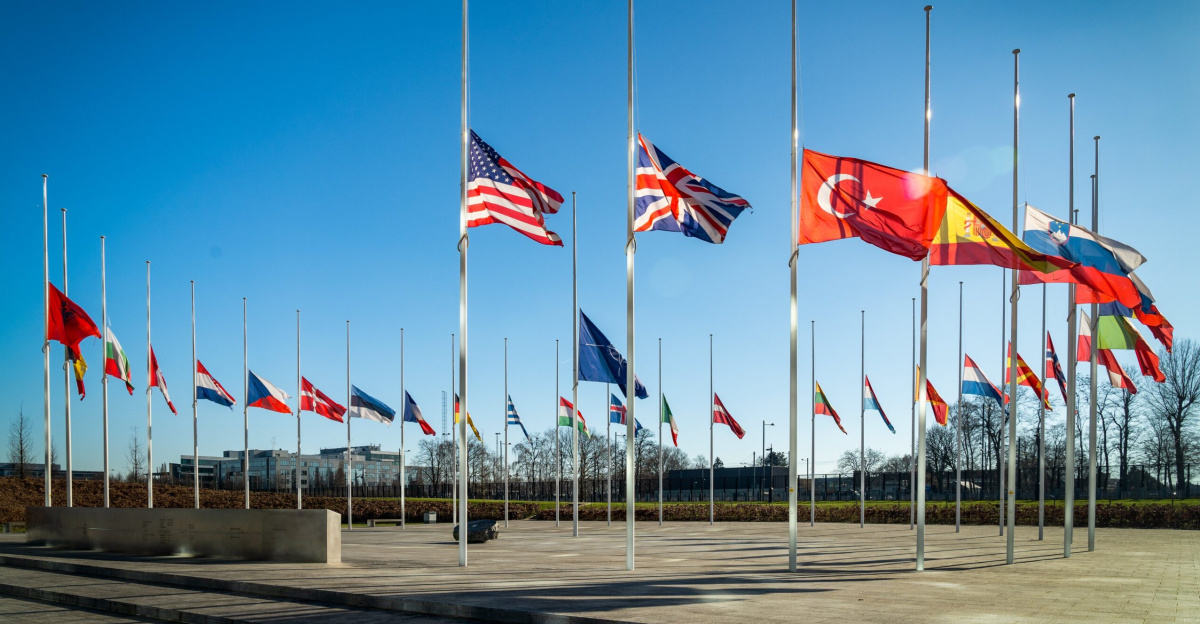
For decades, Poland was regarded as NATO’s reliable but unremarkable “buffer state,” largely ignored in discussions of Europe’s essential powers. Poland modernized its military after joining NATO in 1999 and the EU in 2004, but it seldom influenced the continental policy agenda.
Even as late as 2019, prominent think tanks hailed France, Germany, and the UK as the key players in Europe, relegating Poland to a “junior partner.” The noticeable change in perception raises questions: Why did it take so long for Poland to be recognized despite its steady progress?
The Wake-Up Call of the Ukraine War
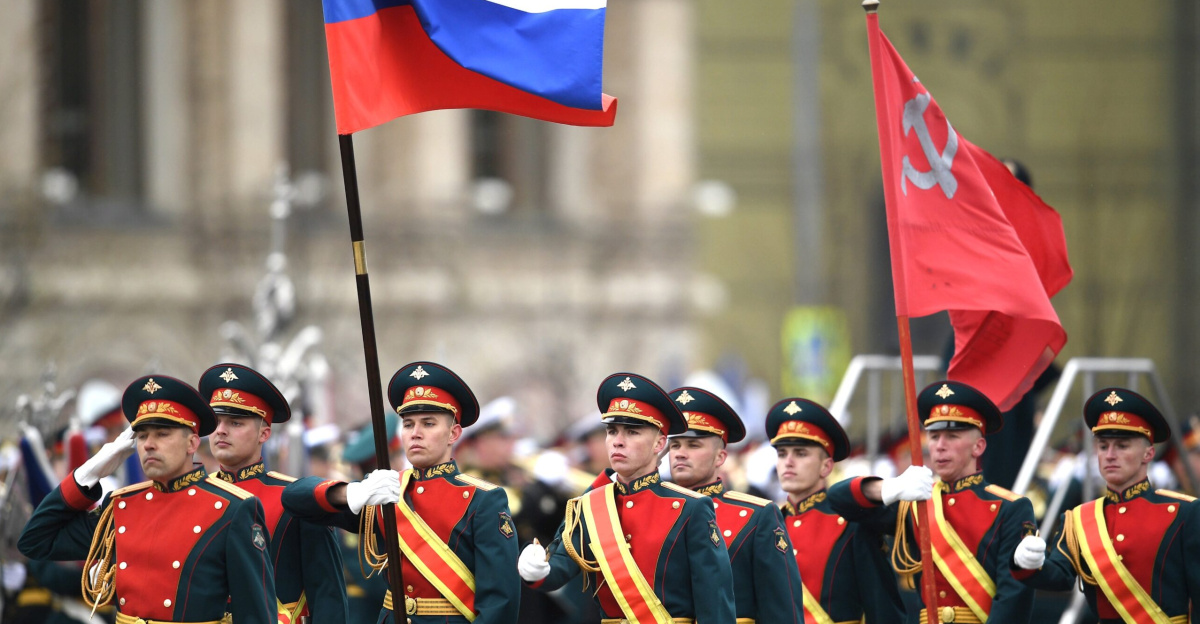
The turning point arrived when Russia instigated military action against Ukraine in February 2022. Poland’s geographical proximity became a pivotal supply route and refuge almost overnight. More than 15 million people sought safety across its borders in the first 18 months of the conflict. It placed considerable stress on infrastructure but simultaneously elevated Warsaw’s diplomatic status.
As local farmer Jacek Kowalski remarked, “The war is no longer a distant conflict; it’s part of our daily lives.” Poland’s economy, too, demonstrated resilience in the face of turmoil, as its GDP increased by 2.7% in 2023. How would this crisis shape Poland’s future actions?
Superpower in Waiting
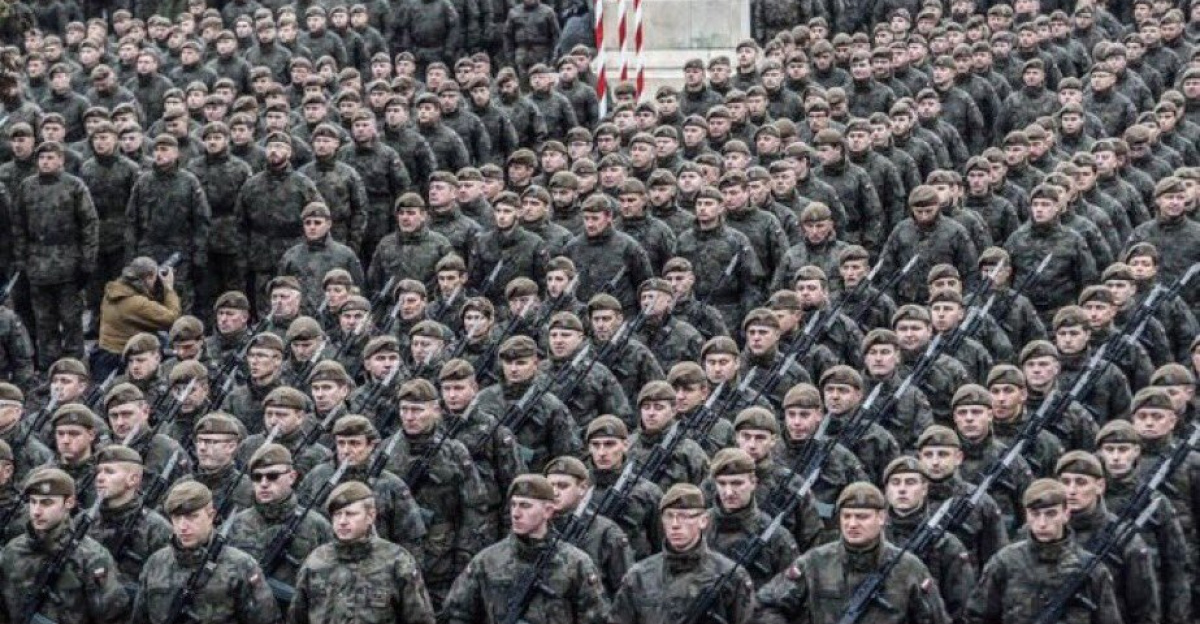
Poland has evolved to field the largest land army in Europe outside of Russia, with plans to double its armed forces to 300,000 by 2035. The country has procured an impressive array of military hardware, from U.S. Abrams tanks to F-35 fighters and Apache helicopters. Warsaw’s assertive foreign policy has kept the spotlight on Ukraine, advocating for continued weapons support while larger military powers hesitated.
NATO Secretary General Jens Stoltenberg’s assertion in 2024 that “Poland is now indispensable to European defense” reflects this newfound significance. As analyst Anna Nowak shares, “Poland is not just acting on the defensive anymore; it’s becoming a player on the European stage.”
Ripples of Change in the Region
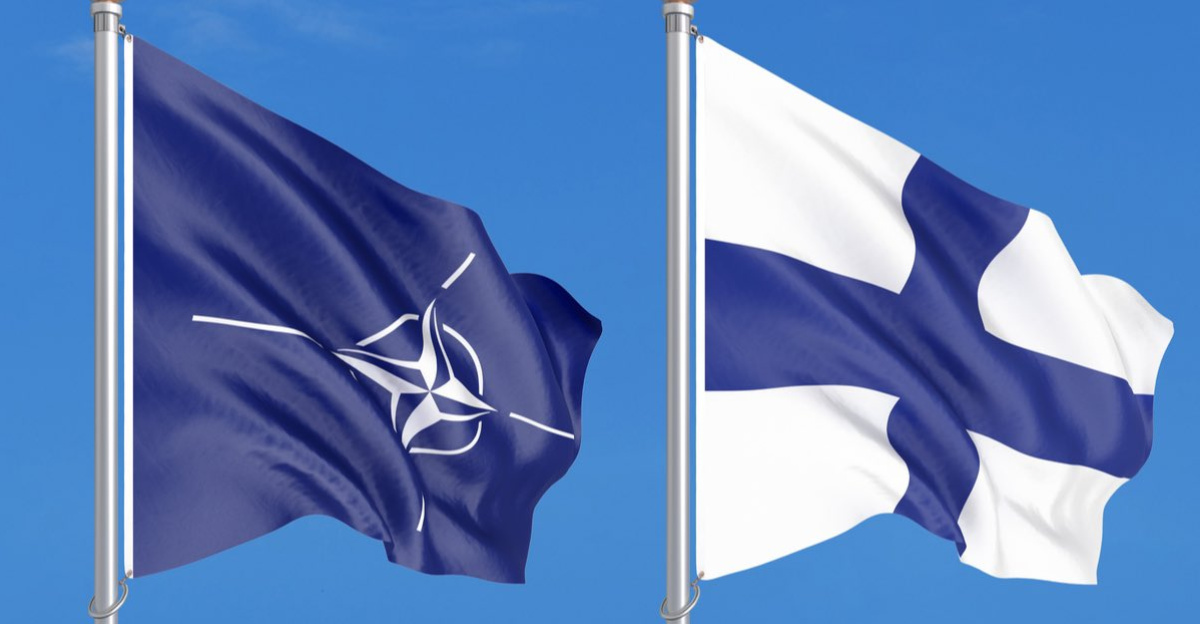
Poland’s escalating militarization has set off a chain reaction among its neighbors. Countries like Latvia and Lithuania have nearly doubled their defense budgets in response. Finland’s decision to join NATO outright further signifies a regional reassessment of security policies. Poland’s assertive stance has also pushed traditional powers like Germany and France to accelerate their procurement programs.
In a noteworthy shift, Baltic governments have begun consulting directly with Warsaw on military logistics and intelligence for the first time in decades. Former Latvian Defense Minister Artis Pabriks noted, “Poland is leading the way, and we must adapt to this new reality.”
Everyday Life Along the Border
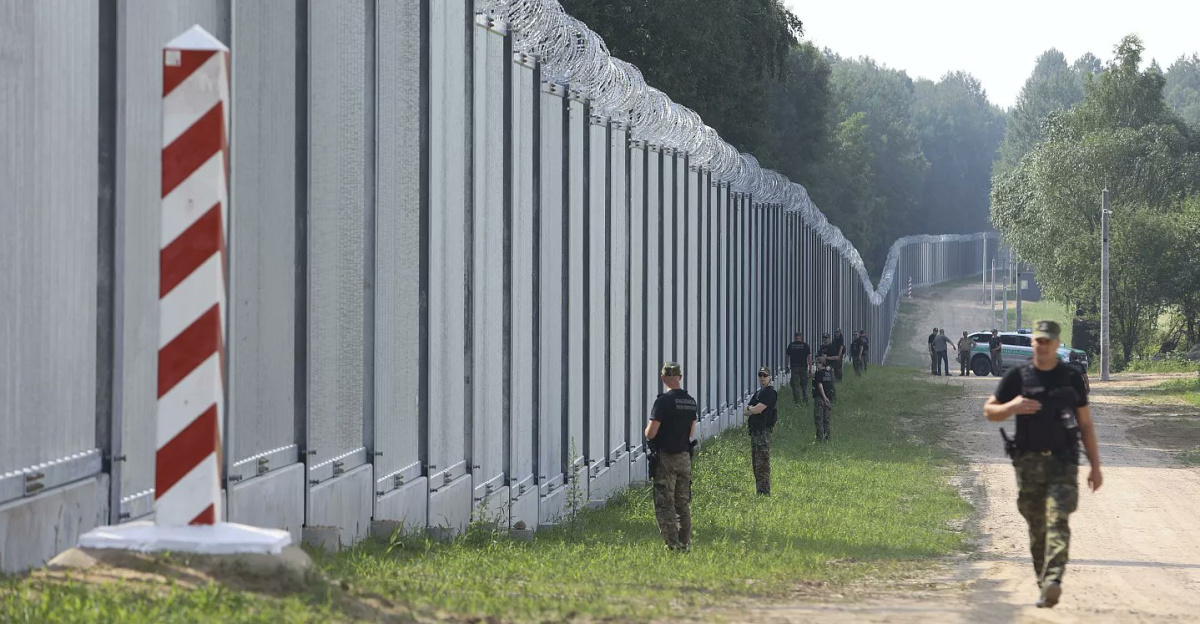
The Polish-Ukrainian border has become one of Europe’s busiest zones for the flow of people and goods. As towns swell with newcomers, the burden on local infrastructure has become apparent. “Our hotels are full, our schools are crowded,” says Przemysl Mayor Wojciech Bakun, illustrating the palpable strain amid significant humanitarian efforts.
NGOs operating in the region report both the challenges and acts of solidarity, as millions find temporary refuge. In bustling Rzeszów, soaring real estate prices reflect a wave of new business opportunities. The war has shifted from an abstract concept to an integral part of daily life for ordinary Poles. Can the nation sustain this pressure long-term?
Politicking with Purpose
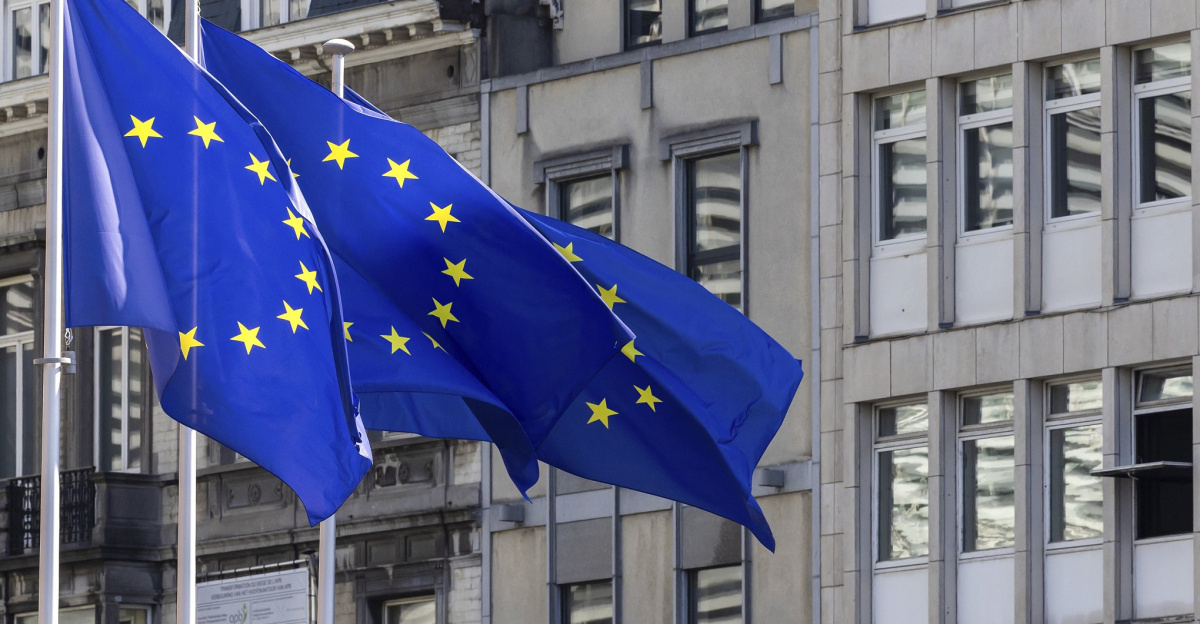
An equally assertive diplomatic approach matches Poland’s arms acquisition. With substantial joint-defense agreements with South Korea and the U.S., Poland is making its presence felt on the global stage. The country has pushed the European Union for stricter sanctions against Russia, and French and German leaders are increasingly consulting Warsaw on war policy.
NATO war games in 2024 positioned Polish generals in top command roles, a first that symbolizes growing trust and recognition. Yet, some Western officials express concerns regarding Poland’s potential overreach. As a defense analyst warned, “An overstretched Poland could provoke backlash from its larger neighbor.”
Economic Boom and Its Challenges
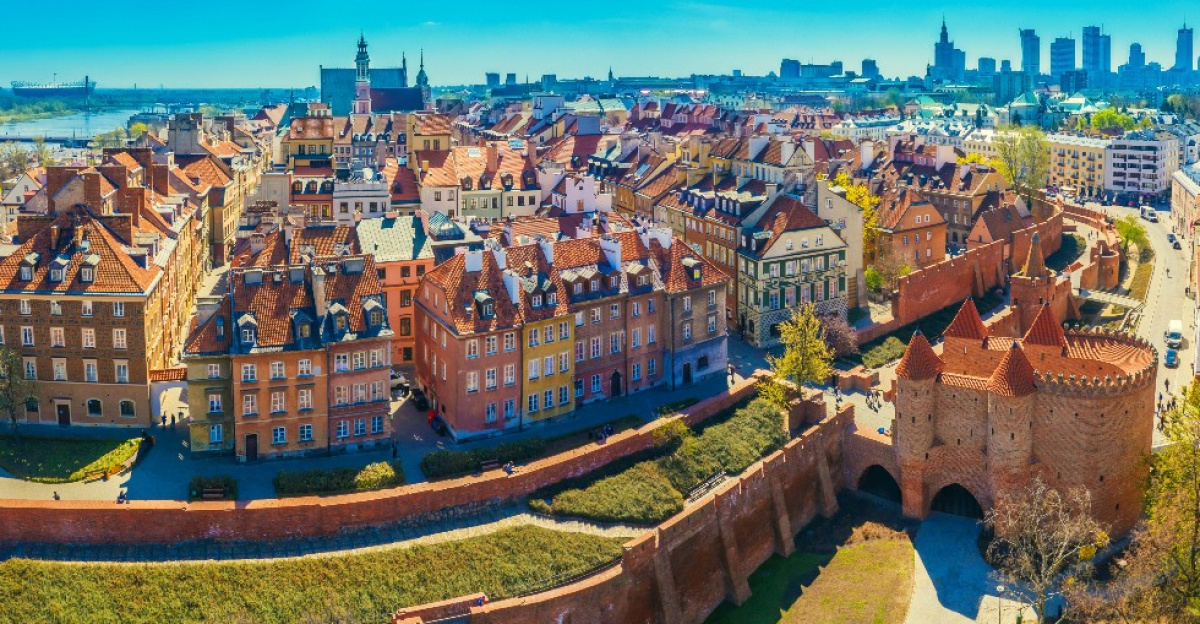
The surge in military spending is having notable economic repercussions. Defense contracts have fueled job creation across cities like Gdansk and Warsaw, bringing significant technology transfers that boost local expertise. Foreign investments from global giants, including Samsung and Raytheon, are pouring in, decreasing unemployment figures.
By late 2024, the national unemployment rate was remarkably low at 5%, surpassing many EU counterparts. However, some economists caution against potential overheating of the economy or a dependency on military-industrial complexes. Will Poland’s economic upswing continue in a peacetime scenario?
Decentralizing Influence
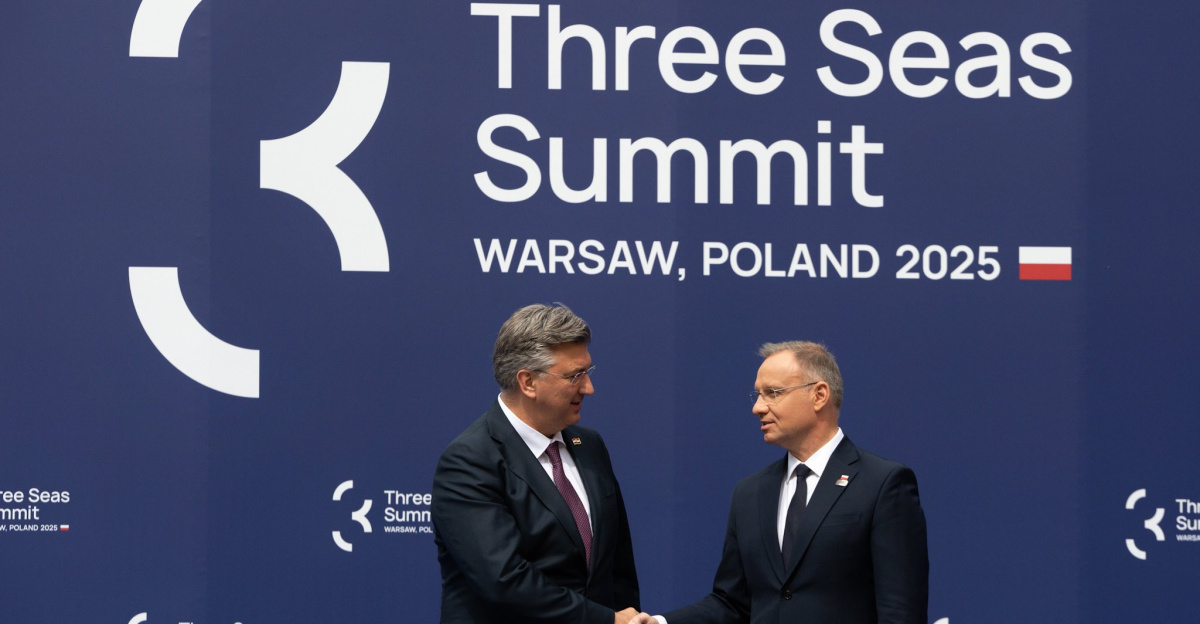
A subtler change is evident in Poland’s evolving alliances. Gone are the days of waiting for Germany or France to take the lead; Poland is now proactively unleashing aid and military rotations without waiting for directives. The regional “Three Seas Initiative,” aimed at bolstering infrastructure, has sparked interest and bidding from various EU states.
Analysts observe a new geopolitical fault line, characterized by Poland’s eastward integration and influence. As historian Marek Wierzbicki puts it, “Poland is no longer a passenger in European affairs; it’s steering the ship.”
Emerging Challenges of Self-Reliance
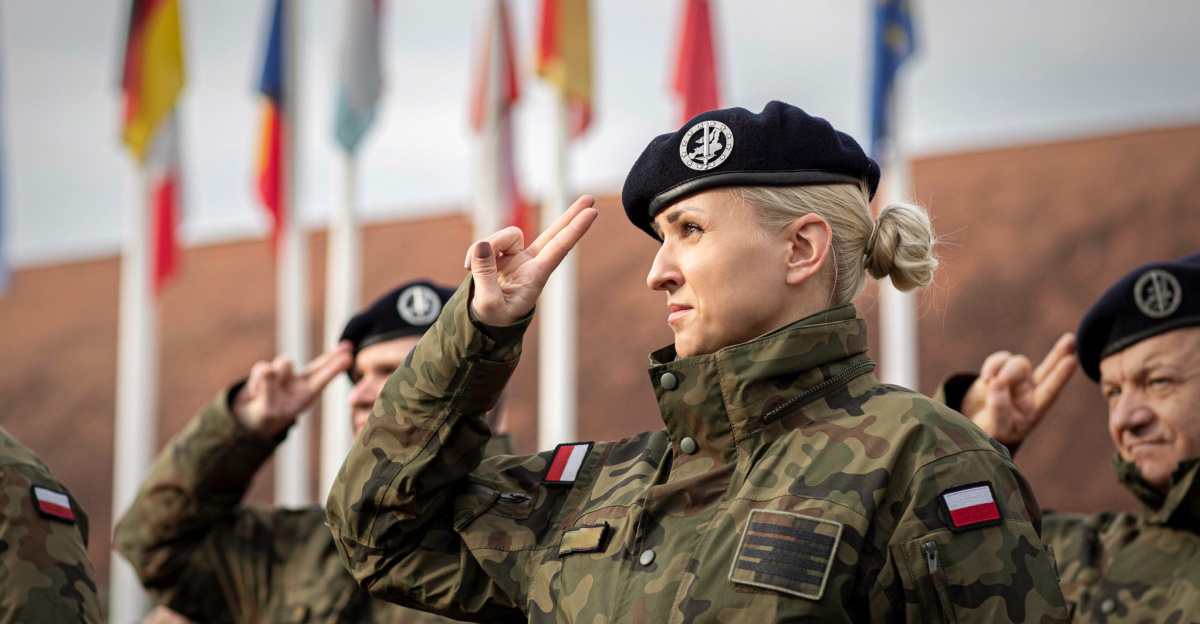
While Poland’s assertiveness reflects a newfound strength, it brings the complexities of self-reliance. With rising expectations from allies and citizens, the country must now navigate its identity within the alliance. The pressure to maintain military spending, pursue foreign relations, and manage humanitarian responsibilities can create friction.
A local business owner voiced his concerns: “We are in uncharted territory; it is both exciting and daunting.” Will this drive for autonomy enhance Poland’s responsibilities or sow discord within its alliances?
Assessing the Influence of Nationalism
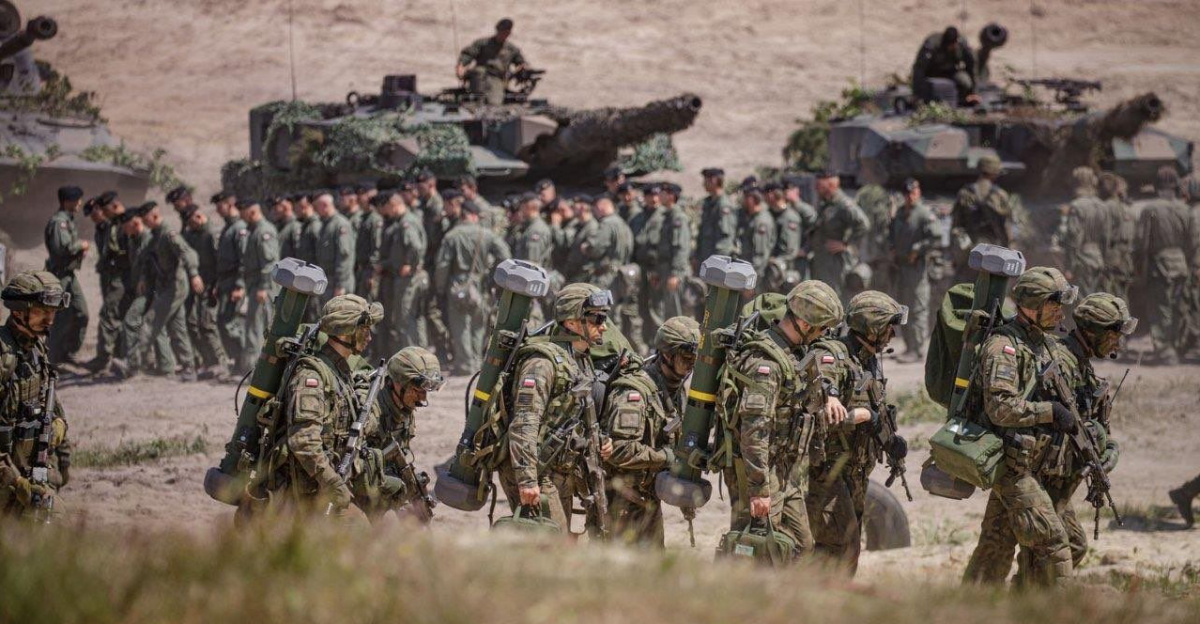
With Poland’s military ascent comes a wave of nationalism, as citizens rally around their country’s newfound role in European security. Yet, the potential for nationalist sentiments to provoke tensions with neighbors cannot be overlooked. Increased assertiveness can lead to friction, especially in regions sensitive to historical grievances.
A local historian reflected, “Poland’s past is fraught with complexities; we must handle our rise with wisdom.” How the government balances national pride with diplomatic finesse will be crucial to shaping a stable future.
The Long-term Vision
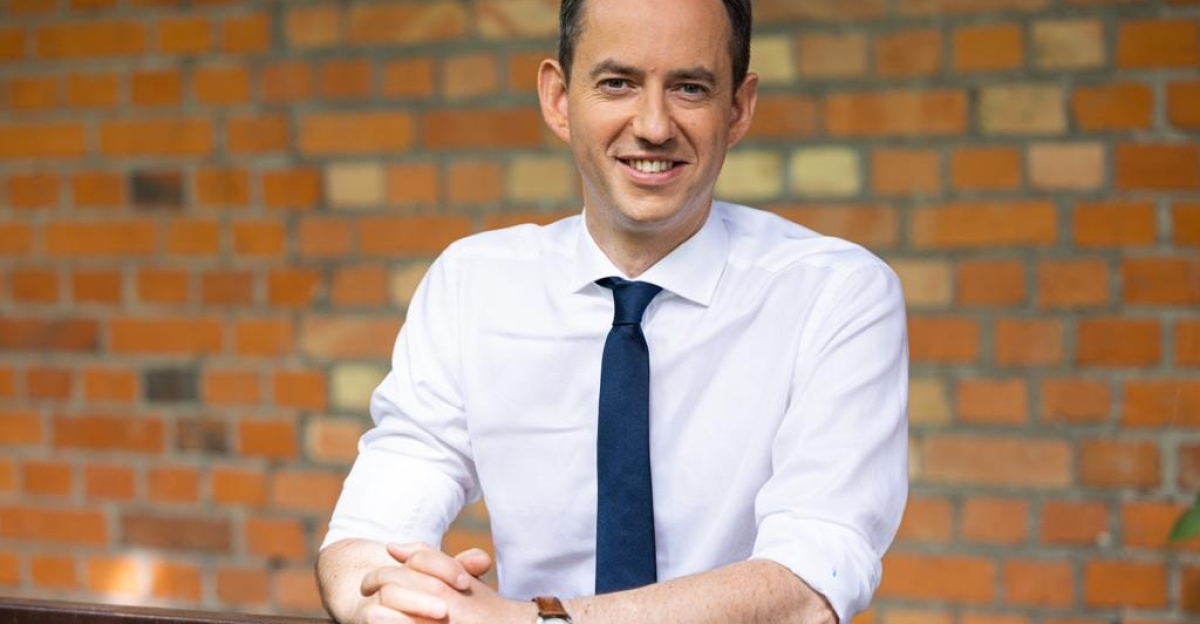
Poland’s trajectory within Europe will hinge on its ability to foster long-standing partnerships while enhancing its military capabilities. The ongoing recalibration of relationships with traditional European powers is critical for security and economic stability.
As Eastern European states watch Poland’s growth intently, will they see it as a model or a rival? As Deputy Defense Minister Marcin Ociepa aptly stated, “We are at a crossroads; the choices we make will define our future.”
Navigating the Path Forward
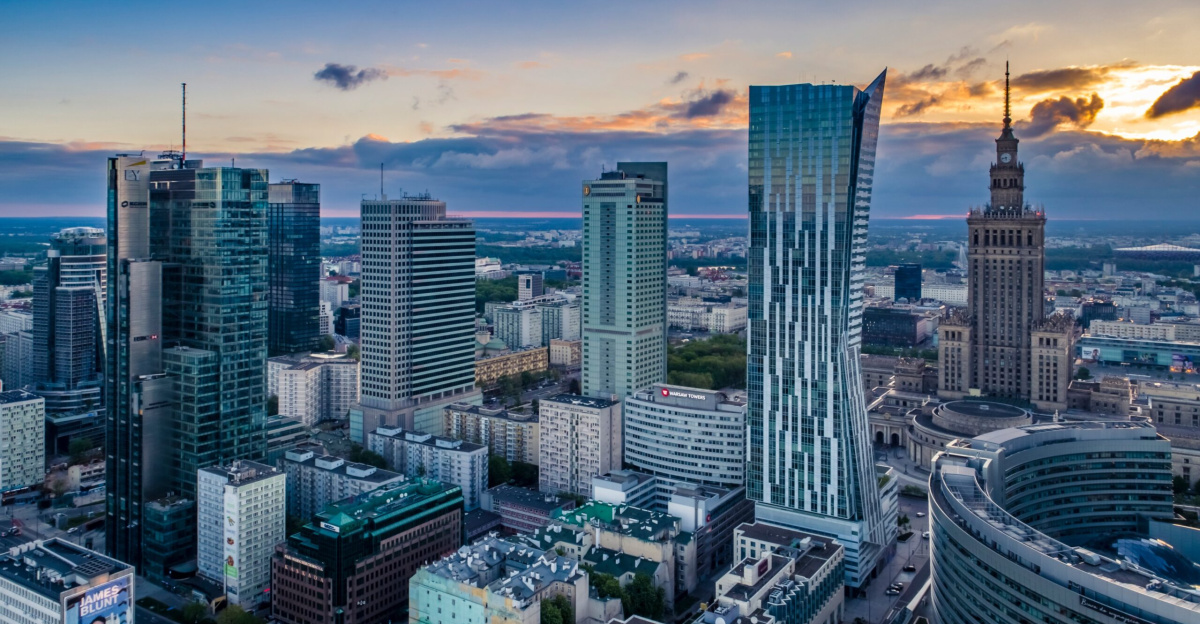
Ultimately, Poland stands at a pivotal juncture, grappling with the implications of its new role in Europe. With its record military spending and economic resilience, the nation seeks to redefine its place on the continental stage.
However, the risks are high, and as Warsaw grows bolder in asserting its influence, it must also cultivate trust among allies and navigate complex regional dynamics. Amidst this transformation, an elderly farmer voiced a common sentiment: “We wish for peace and stability, for that is the foundation upon which we build our lives.”
A New Era for Poland
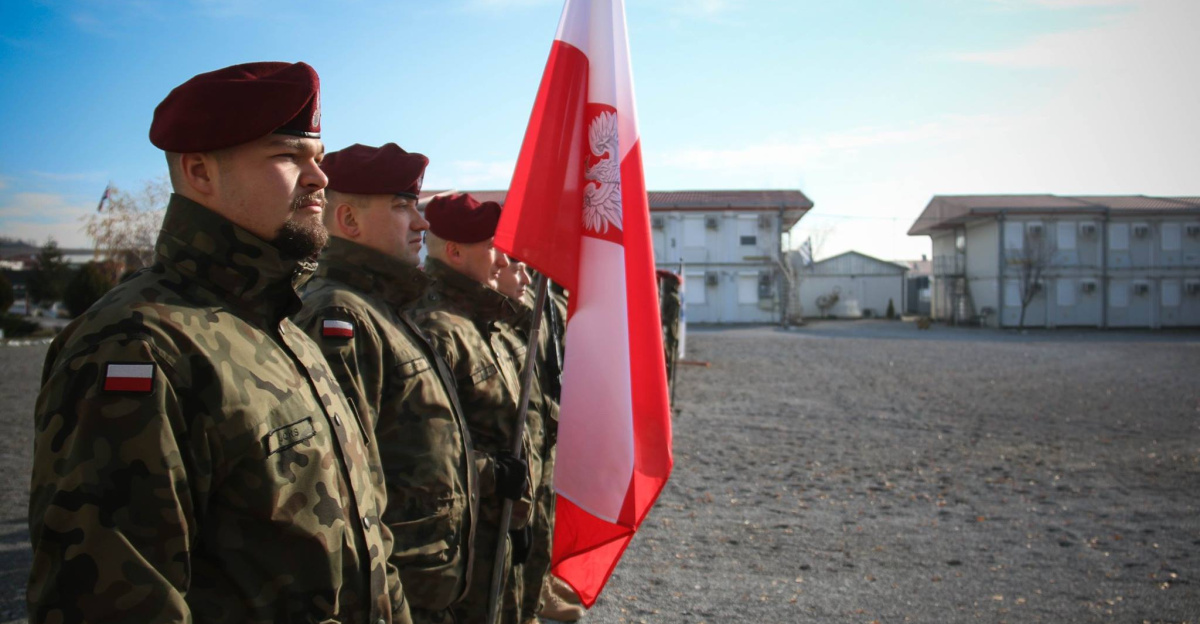
As Poland emerges from the shadows of its past, the interplay of military strength, economic growth, and shifting geopolitical alliances signals the dawn of a new era. The questions that linger revolve around sustainability, unity, and the balance of power in an ever-evolving Europe.
Will Poland’s ascent foster cooperation or exacerbate rivalries? As communities strive to adapt alongside their nation’s transformation, the future remains uncertain but undeniably pivotal. “We are writing our chapter,” affirms Mayor Wojciech Bakun, capturing the spirit of a nation at the forefront of change.

